Raising chickens can be a rewarding experience, whether for egg production, meat, or as beloved backyard pets. However, like any living creatures, chickens are susceptible to various health issues. Recognizing and addressing these common health problems in chickens is crucial for maintaining a healthy flock. In this article, we will explore some of the Common Chicken Health Issues that can affect chickens, their symptoms, and potential preventive measures or treatments.
Keeping chickens is a pleasant and simple hobby. But, like pets, chickens may get sick. While the idea of ill chickens is frightening, the majority of common health issues can be handled very quickly. This post will discuss the most frequent health issues affecting chickens along with their treatment.
Understanding these health issues will help you maintain your flock healthy and avoid them from dying suddenly.
Most Common Chicken Health Issues
1. Diseases
Several illnesses may affect poultry. The intensity of these diseases and their treatments varies depending on the ailment.
· Fungal Diseases
Although infrequent, fungi are among the easiest illnesses to cure in chickens. These include brooder pneumonia and ringworm.
- Brooder pneumonia affects young chicks and causes respiratory and breathing difficulties.
- Ringworm is normally moderate and heals on its own. Ringworm can cause a thick white covering on a chicken’s comb.
Cleaning feeders and waterers periodically will help prevent fungal illnesses.
· Viral Diseases
Untreated viral illnesses can be quite dangerous. Viral infections are very infectious and can infect a whole flock, so early detection is critical. Examples are infectious bronchitis, Marek’s disease, IBD, avian flu, fowl pox, and Newcastle disease.
Viruses have many symptoms in common. Symptoms of a viral infection include skin sores, coughing, sneezing, decreased egg production, nasal and ocular discharge, and even immobility.
Vaccines exist for the most prevalent viral infections in poultry. In fact, most poultry owners need vaccines before purchasing chicks.
· Parasitic Diseases
Parasitic disorders in chickens are usually caused by mites, lice, ticks, or worms. A dirty coop and filthy bedding increase the risk of parasite infection in chickens. Also, secondhand coops may already be parasite-infected.
Parasitic infections include wing loss, skin irritation, tiredness, and appetite loss.
Insecticides in the coop can prevent certain infections, and antiparasitic drugs and nutrients can cure them.
· Bacterial Diseases
Bacterial illnesses in chickens are rare but can swiftly spread to a whole flock. Salmonellosis (triggered by salmonella germs) and other chronic respiratory disorders are caused by bacteria.
Swollen faces and sinuses can indicate colibacillosis and persistent respiratory illness. But salmonellosis is only symptomatic in chicks. Adult birds can carry salmonellosis without showing symptoms.
A sick bird frequently spreads germs to the rest of the flock. In unclean and neglected coops, they may spread swiftly. Although rare, these illnesses are pretty deadly and may need the diseased bird to be isolated from the flock and put down to prevent infection.
Try this world’s most famous chicken supplement to keep your backyard chickens/poultry safe from any diseases/infections. If used regularly this supplement can also increase the egg quality and quantity of chicken.
Common Chicken Health Issues (Cont.)
2. Pasty Vent
Baby chickens are commonly affected by the pasty vent. If not treated immediately, this health issue might become fatal.
Pasty vent is caused by stress. Droppings cake up around the chick’s vent (under their tail). Untreated, the vent might get entirely plugged, preventing the chick from pooping.
This illness is easily diagnosed. Laziness and appetite loss are common symptoms of this condition, as well as caked droppings on the vent.
Pasty vent is simply treated at home without a vet visit. Moisten the dried droppings with a damp paper towel and firmly tug to clean the vent. During this process, part of the chick’s tail feathers may come off.
3. Egg Laying Problems
Egg-laying problems are among the most frequent health concerns among chickens. However, observing the birds’ behavior might help discover egg-laying concerns.
A chicken’s egg-laying troubles might occur for several reasons. The inability to lay eggs can be caused by nutrient shortages, parasites, illnesses, and even stress.
When it comes to detecting egg-laying problems in chickens, knowing the symptoms is crucial. Unusual droppings, weakness, loss of appetite, and respiratory difficulties can all be signs of egg-laying issues.
Treatments for egg-laying problems such as egg yolk peritonitis, egg clumping, and soft-shelled eggs are varied. Adding calcium and protein to a chicken’s diet is one of the most effective ways to cure egg-laying difficulties. To encourage healthy egg production and sturdy eggshells, give general vitamin and oyster shell supplements to a chicken’s diet. Egg binding/clumping, where an egg becomes lodged between a chicken’s cloaca and uterus, may need a trip to the avian vet. A vet usually prescribes antibiotics for more egg-laying severe problems.
4. Foot Injuries
Foot injuries are minor health issues in chickens, but they can be challenging to cure. To help chickens get back on their feet (literally), there are several techniques you may use.
Some foot injuries in poultry are minor cuts or entanglements that can lead to severe infection, such as bumblefoot (if not correctly cared for).
Inability or unwillingness to apply weight on the wounded foot is the most typical symptom in poultry. The chickens may be more sedentary and spend more time on ledges or in nest boxes. Bumblefoot causes pus-filled abscesses on the chicken’s foot.
Foot injuries are easily treated with an antiseptic wound wash. After cleaning a foot wound with a wound wash, the wound should be gently wrapped to avoid infection. Checkout this amazing wound wash to keep your chickens/poultry save from any foot issues.
Injured birds should be separated from the group to heal. Antibiotic cream and gauze can cure bumblefoot. Severe cases that don’t respond to antiseptic wash or cream may require an avian vet visit to drain the abscess.
Conclusion: Common Chicken Health Issues
Poultry caretakers must prioritize their flock’s health and check their bird’s health all the time. But this does not imply accidents and diseases will not occur. That’s why chicken keepers need to know how to diagnose and treat various injuries and illnesses.
Tell us in the comments, how you like our article “Common Chicken Health Issues”
For similar posts like this, click here.
For the source file click here.




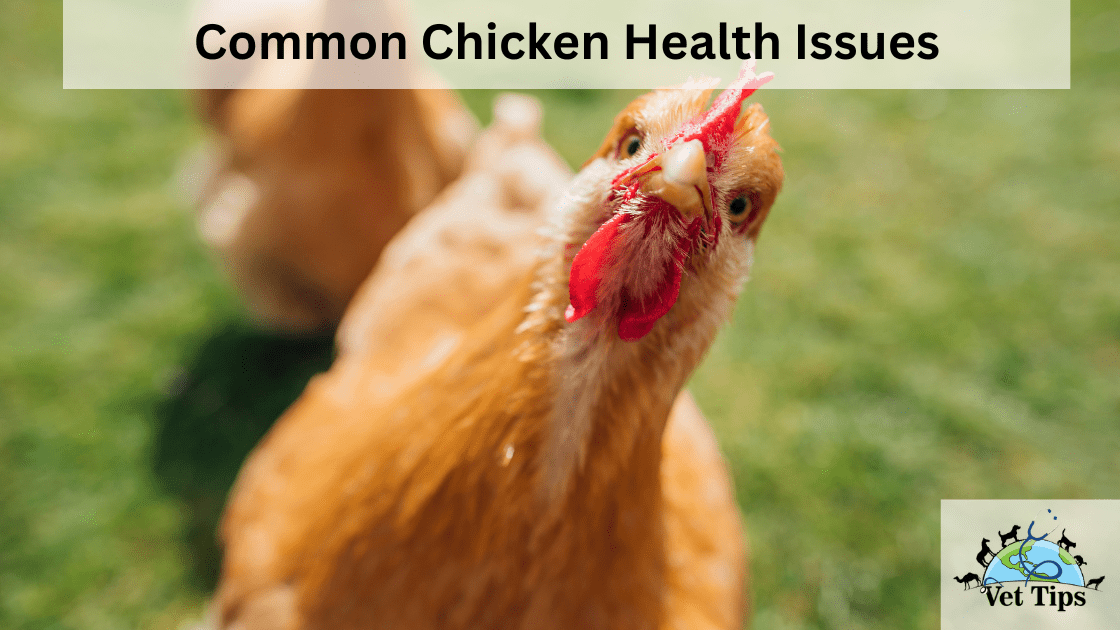
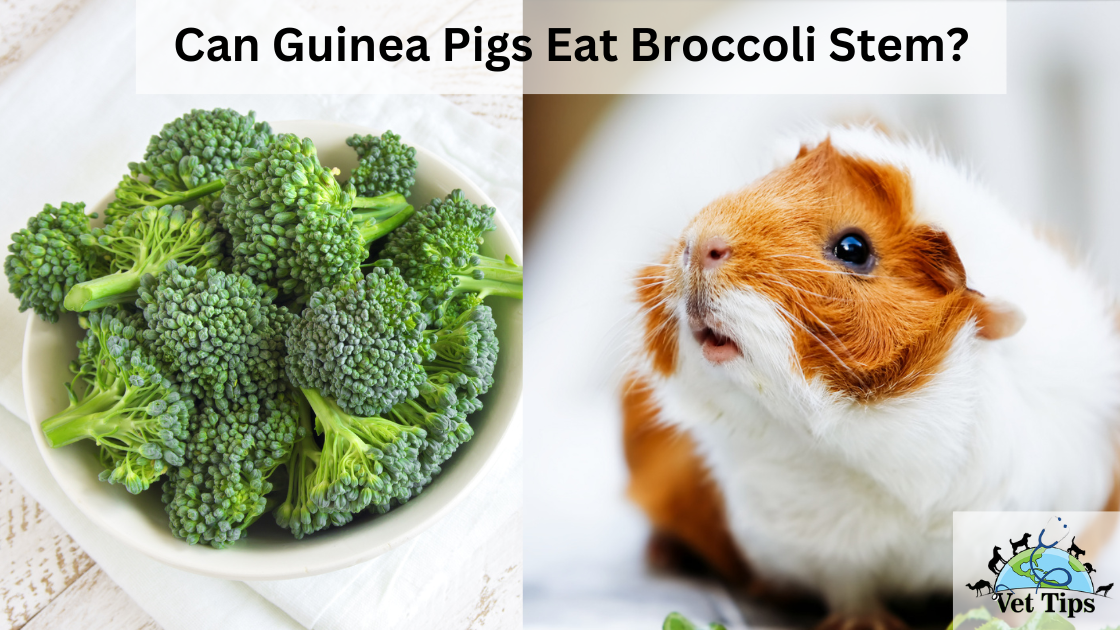
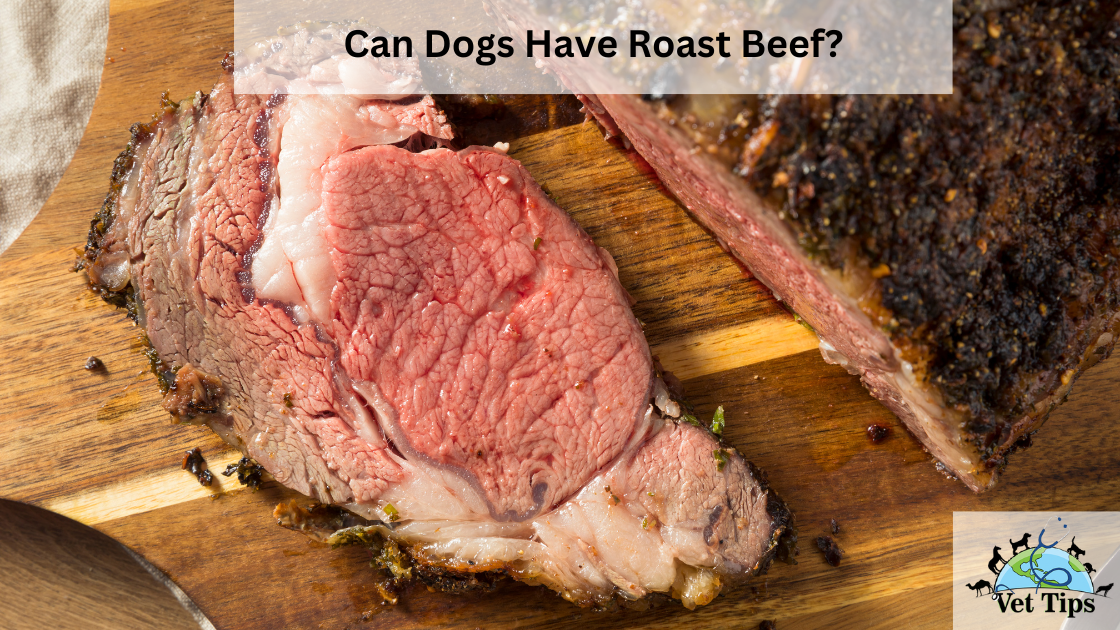
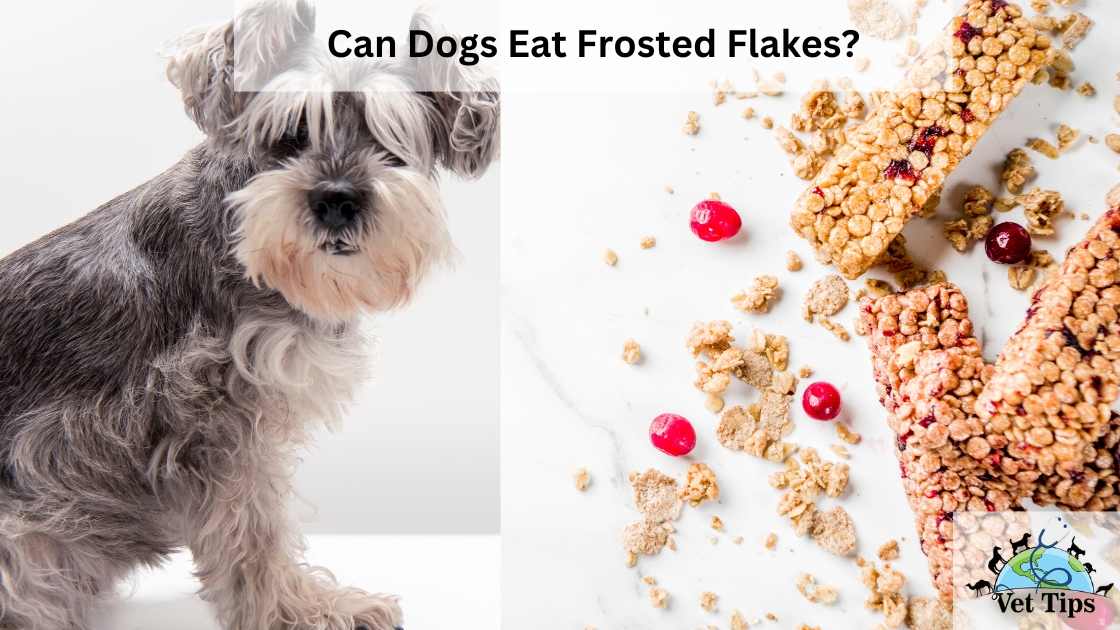
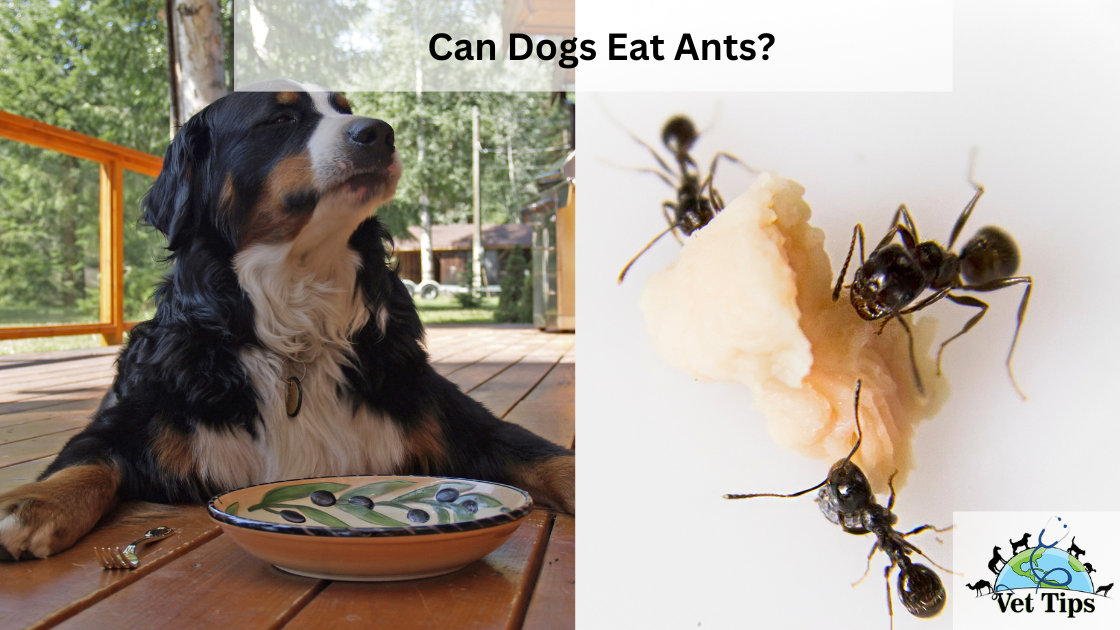
One thought on “Common Chicken Health Issues”